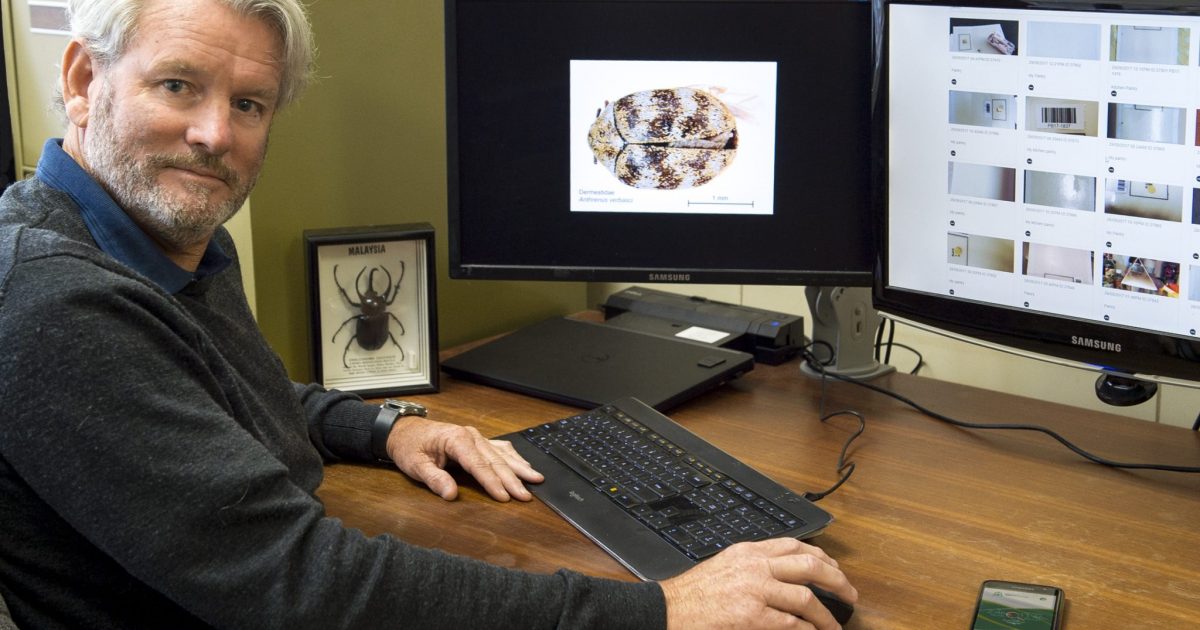The 2017 Pantry Blitz biosecurity surveillance campaign has once again been hailed a success, with report numbers exceeding as last year’s inaugural event.

The Department of Primary Industries and Regional Development received nearly 2600 reports from throughout the State and beyond, during the Blitz last month.
Principal entomologist Rob Emery said the reports would be harnessed by the department’s Market Access Databank to assist Western Australian agricultural exports.
“The public’s participation in Pantry Blitz is vital, providing verifiable evidence about the absence and presence of pests and diseases that might threaten our agricultural industries,” Mr Emery said.
“This information will help to demonstrate area freedom from biosecurity threats, which will help WA to maintain and develop valuable export opportunities.”
Pantry Blitz participants were given a free trap that contained pheromones to attract Khapra beetle, a significant pest of the grains industry not found in Australia, as well as several other common insect pests.
Participants reported the presence and absence of trapped insects via the department’s free MyPestGuide Reporter app.
Mr Emery said more than 5000 reports had been received during the 2016 and 2017 Pantry Blitzes.
“We now have the best evidence in Australia that Khapra beetle has not been detected in WA, as a result of the Pantry Blitz response,” he said.
“This information will be added to the national repository, AUSPestCheck, to aid ongoing biosecurity surveillance, which is essential to ensure market access.”
The most common household insects reported were Cigarette and Carpet beetles, which are related to the Khapra Beetle but do not pose a threat to agricultural crops.
“These reports show that people were looking in the right place and in the right way,” Mr Emery said.
“The MyPestGuide Reporter app gives each report scientific validity, with the addition of photographs, barcode, timestamp and location data.
“The beauty of the Blitz is that data captured can be used in different ways by different organisations, from supporting Area Freedom assessments to assisting incident responses.”
The increase in reports reflects the massive increase in downloads of the department’s MyPestGuide Reporter app, which Mr Emery said would have an enduring impact.
“There were more than 2700 downloads of the MyPestGuide Reporter app during September 2017,” he said.
“That brings to a total more than 10,500 downloads of the app, which will enable users to continue to undertake surveillance and report any unusual sightings of pests and diseases.”
The Pantry Blitz is an Australian Government Inspiring Australia National Science Week activity and part of the Department of Primary Industries and Regional Development’s Boosting Biosecurity Defences project supported by Royalties for Regions.
The MyPestGuide Reporter app can be downloaded free from either the Google Play store or the App Store.
Reports can also be made to the department’s Pest and Disease Information Service 9368 3080 or email [email protected]


